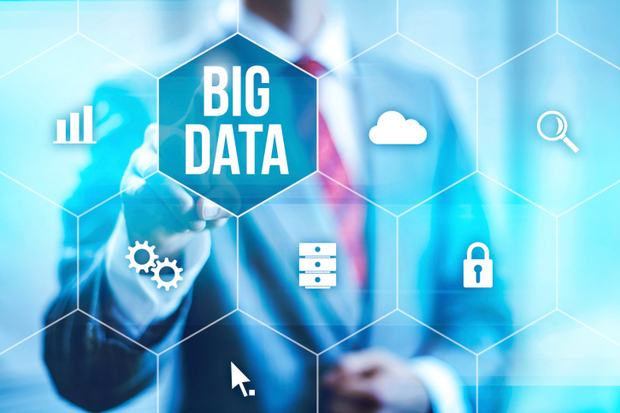By 2025, Big Data has evolved from a technological trend to an essential pillar of modern life. It’s no longer limited to tech-savvy corporations; it now influences everything from the ads we see online to how governments predict economic shifts. The explosion of data volume, complexity, and use cases means our daily lives—at work, at home, and in society—are being redefined by Big Data.
The New Face of Big Data
Big Data today is defined by more than just size. It’s characterized by the speed of data generation (velocity), the diversity of data types (variety), and the growing need to ensure data accuracy (veracity). In 2025, these factors have intensified:
-
Smart devices and wearables constantly stream data.
-
Cloud-based platforms make real-time analysis possible.
-
Social media, audio, video, and even biometric data are analyzed in seconds.
How Businesses Are Leveraging Big Data
Businesses in 2025 use Big Data to create more personalized, predictive, and efficient services. Here’s how:
-
Customer Behavior Insights: E-commerce sites tailor shopping experiences using AI trained on purchasing history, search behavior, and real-time activity.
-
Supply Chain Optimization: Logistics companies use predictive analytics to avoid delays, reduce fuel use, and manage inventory.
-
Financial Risk Management: Banks detect fraud instantly and offer personalized financial advice using advanced algorithms.

Big Data at Home
Big Data isn’t just for corporations. Smart homes, voice assistants, and personalized streaming platforms depend on it:
-
Smart Appliances adjust energy use based on usage patterns.
-
Health apps monitor vital signs and alert users or doctors about anomalies.
-
Streaming platforms use viewing history and preferences to suggest personalized content.
Challenges We Still Face
With benefits come risks. Some key challenges in 2025 include:
-
Data Privacy: With more devices collecting data, there’s growing concern about misuse or overreach.
-
Digital Divide: Those without access to technology fall further behind in a data-driven world.
-
Cybersecurity Threats: As data grows, so do the incentives for hackers.
The Role of Governments and Regulation
Governments are stepping in to ensure responsible data use. In 2025:
-
Stronger data protection laws govern how companies store and share personal data.
-
AI transparency mandates require companies to explain how their algorithms work.
-
Cross-border data policies aim to control how data is moved globally.
What’s Next?
By the end of the decade, expect to see:
-
Hyper-personalized services, from medicine to education.
-
More ethical data frameworks, ensuring fairness and inclusion.
-
Increased data literacy, with educational systems teaching data interpretation from an early age.
Conclusion
In 2025, Big Data is not just a trend—it’s a lifestyle. Businesses, individuals, and governments alike must learn how to responsibly harness its power. The choices we make now will shape the digital landscape for decades to come.